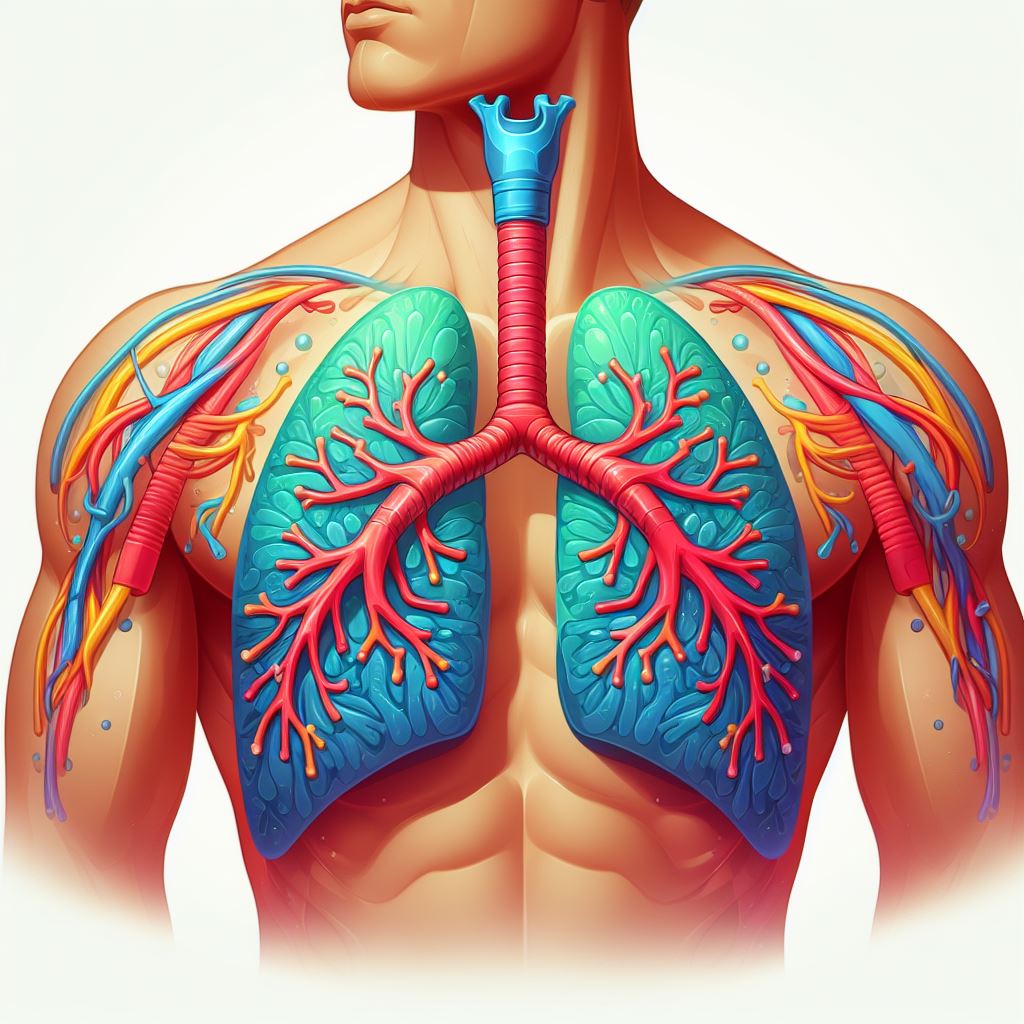Chest Congestion

Chest congestion, typically caused by the accumulation of mucus in the chest due to respiratory infections like colds, bronchitis, or the flu, can be uncomfortable. Over-the-counter (OTC) treatments can help alleviate symptoms:
1. Expectorants: Guaifenesin (e.g., Mucinex, Robitussin): Helps loosen and thin mucus in the airways, making it easier to cough up.
2. Cough Suppressants: Dextromethorphan (e.g., Delsym, Robitussin DM): Temporarily relieves cough. Some products may combine dextromethorphan with guaifenesin.
3. Topical Ointments: Camphor and Menthol (e.g., Vicks VapoRub): These can be applied to the chest and neck to provide a sensation of relief from congestion.
4. Nasal Decongestants: Pseudoephedrine (e.g., Sudafed): Available behind the counter in many locations; you may need to ask the pharmacist.
Phenylephrine (e.g., Sudafed PE): Found in many combination cold and allergy medications.
5. Pain Relievers: Acetaminophen (e.g., Tylenol) or Ibuprofen (e.g., Advil, Motrin): Can help reduce pain and fever.
6. Natural Remedies: Honey: Can be taken on its own or with warm tea to soothe the throat and reduce coughing.
Warm saline gargle: Helps in soothing a sore throat which often accompanies chest congestion.
Steam Inhalation: Breathing in steam from a bowl of hot water can help loosen mucus. Add eucalyptus oil or menthol for added relief.
7. Herbal Teas: Teas containing peppermint, eucalyptus, or licorice root can help soothe symptoms.
8. Hydration: Drinking plenty of fluids like water, juices, and broths can help thin mucus and reduce congestion.
9. Humidifiers or Vaporizers: Adding moisture to the air can help loosen mucus. Ensure you clean the devices regularly to prevent mold and bacteria buildup.
Important Considerations: Chest congestion due to a bacterial infection, like bacterial pneumonia or severe bronchitis, may require prescription antibiotics.
Persistentcongestion, difficulty breathing, high fever, chest pain, or coughing up blood are serious symptoms and should be evaluated by a healthcare professional.
Overusing OTC medications can have side effects or lead to potential medication interactions.
Individuals with high blood pressure, thyroid disorders, diabetes, glaucoma, or other health conditions should consult with a pharmacist or doctor before taking certain OTC medications, especially decongestants.
Always consult with a healthcare professional for a proper diagnosis and recommendations tailored to your specific situation.
Related: Cold and Flu
Additional information:
Diagnostic Methods
When experiencing chest congestion, healthcare professionals use several diagnostic methods to identify the cause. A physical examination, where a doctor listens to your lungs, is a common first step. In some cases, a chest X-ray might be necessary to view the lungs and check for signs of infection or other issues. Understanding the diagnostic process helps in effectively treating chest congestion.
Preventive Measures
Preventing chest congestion is key to maintaining respiratory health. Simple practices like regular hand washing, avoiding smoking, and receiving annual flu vaccinations can significantly reduce the risk. It’s also important to avoid exposure to known allergens and pollutants, which can aggravate chest congestion.
Dietary Considerations
Diet plays a crucial role in managing chest congestion. Avoiding foods that increase mucus production, like dairy products, can help alleviate symptoms. Consuming a balanced diet rich in vitamins and antioxidants supports the immune system, potentially reducing the frequency and severity of respiratory infections leading to chest congestion.
Breathing Exercises
Breathing exercises can be an effective way to alleviate chest congestion. Techniques like deep breathing and controlled coughing help in clearing mucus from the airways. These exercises also strengthen the respiratory muscles, making them beneficial for long-term respiratory health.
Recognizing Signs
It’s crucial to recognize signs that chest congestion is worsening or leading to complications. Symptoms such as persistent cough, difficulty breathing, high fever, or coughing up blood warrant immediate medical attention. These signs might indicate more severe conditions, such as pneumonia or chronic bronchitis, requiring prompt treatment.
Pediatric Considerations
Treating chest congestion in children requires special consideration. Some over-the-counter medications are not suitable for children, and symptoms can escalate quickly in younger patients. Consulting a pediatrician is essential when managing chest congestion in children, ensuring safe and effective treatment.
Impact of Environmental Factors
Environmental factors play a significant role in the severity and frequency of chest congestion. Poor air quality, high levels of pollution, and exposure to irritants can exacerbate symptoms. Being mindful of these factors and taking steps to minimize exposure can help in managing chest congestion more effectively.
Psychological Aspects of Dealing with Chest Congestion
Dealing with chronic chest congestion can lead to stress and anxiety. Recognizing the psychological impact of chronic respiratory issues is important. Strategies like stress management techniques, counseling, and support groups can be beneficial in coping with the emotional aspects of long-term chest congestion.
Long-term Management
For those dealing with chronic conditions like COPD or asthma, long-term management strategies are crucial. This includes regular monitoring, adherence to prescribed medications, and lifestyle changes. Effective long-term management helps in reducing the frequency and severity of chest congestion episodes.
